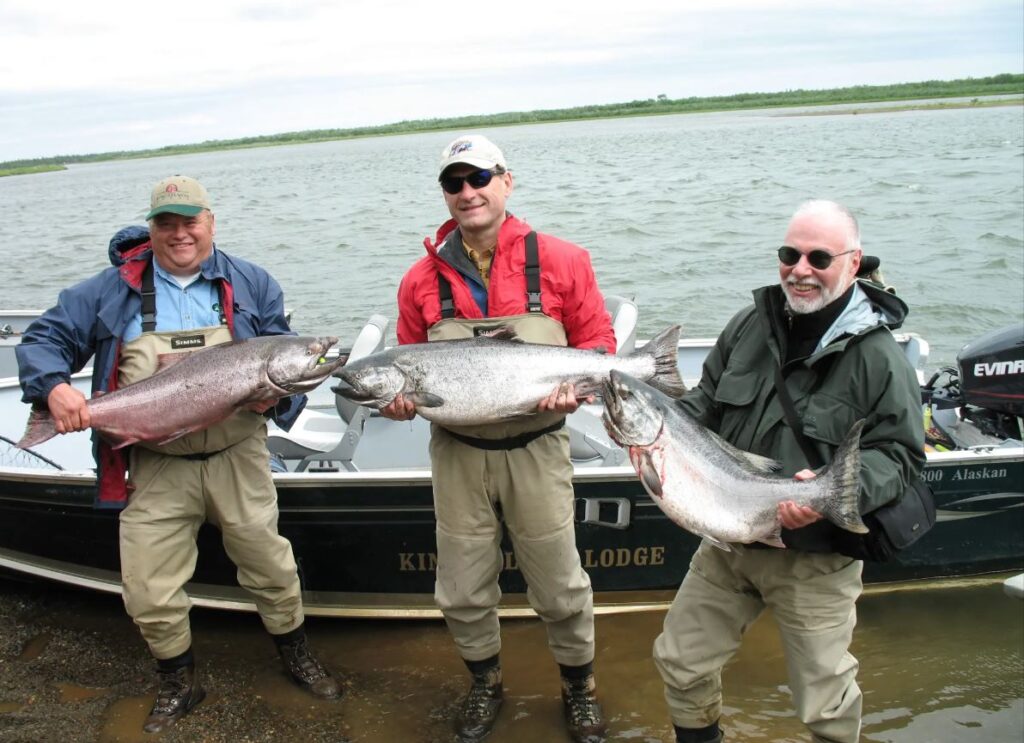Dobbs is a battle in a larger war on women

Sam Alito, it cannot be said enough, was simply lying when he asserted that no right that was not widely recognized by political elites during the Andrew Johnson administration is legitimate would have no broader implications, which isn’t surprising given that to repeat the claim is to refute it:
In June 2022, when the Supreme Court overturned Roe v. Wade, Justice Samuel Alito promised that other reproductive rights were not in danger. True, Clarence Thomas admitted that he was coming for the right to contraception, and the Supreme Court’s rationale—that only rights recognized in 1868 qualified as deeply rooted in the nation’s history and tradition and deserving of recognition—seemed to mean that other key precedents would have to be overruled. But Alito promised that other rights wouldn’t change. Abortion, he proclaimed, was different: “It destroys … an unborn human being.”
A decision issued last Friday by the Alabama Supreme Court is a reminder that the effects of Dobbs are not limited to restricting access to abortion. Dobbs is also limiting the ability of women to make decisions about how and when they have children in many other ways—including for those who want to become parents.
The Alabama ruling began after three couples went to an Alabama fertility clinic to pursue in vitro fertilization. IVF is the process in which a human egg is fertilized with sperm outside the body. As part of the IVF process, excess embryos are generally created and often stored, sometimes indefinitely. It is estimated that there are 1.5 million frozen embryos. Like many others, the plaintiff couples in Alabama chose to have their excess embryos frozen and stored at their clinic—which the court provocatively described as a “cryogenic nursery.” Later, in 2020, a patient at a hospital connected to the clinic got access to some of the frozen embryos and dropped them, resulting in their destruction. The three couples sued, arguing that the clinic breached its contract with them and was negligent in the storage and monitoring of the embryos. Their main theory was more explosive: The embryos counted as “children” or “persons” under the state’s wrongful death law.
The clinic had claimed that embryos could not be “persons” not only because they hadn’t been born but because they hadn’t even transferred to a uterus. The state Supreme Court disagreed. The court declared that frozen embryos are “children”—a term, the court explained, that applies “without exception based on developmental stage, physical location, or any other ancillary characteristics.” The court observed that its ruling set the stage for bigger questions, such as “the application of the 14th Amendment to the United States Constitution” to embryos and fetuses—an outcome that could result in prohibiting almost all abortions.
But even as it stands, the fallout from this decision will be significant. One direct target will be on those who want access to fertility care. The likely outcome of the ruling—unless it is overturned by the legislature—is that fertility care in Alabama will be drastically curtailed, if not halted altogether. Like we’re seeing in the context of pregnancy and miscarriage care in states that ban most abortions, the potential legal risks may now be so great that physicians in Alabama will simply stop providing the care.
To the Alitos of the world, women having control of their reproductive rights is as bad when women choose to have children as when they choose to terminate a pregnancy. The autonomy is the problem.
And the practical effects of the crazy Alabama ruling are already being felt:
Alabama doctors are puzzled over whether they will have to make changes to in vitro fertilization procedures. Couples have crammed into online support groups wondering if they should transfer frozen embryos out of state. And attorneys are warning that divorce settlements that call for frozen embryos to be destroyed may now be void.
Throughout Alabama, there is widespread shock, anger and confusion over how to proceed after the state Supreme Court ruled Friday that frozen embryos are people, a potentially far-reaching decision that could upend women’s reproductive health care in a state that already has one of the nation’s strictest abortion laws.
“Women who actually know what happened, they feel under attack and almost powerless,” said AshLeigh Meyer Dunham, a Birmingham mother who conceived a child through in vitro fertilization and is a partner in a law firm that specializesin assisted reproductive technology cases. “First you had the Dobbs decision and now this. What does this even mean?”
[…]
“Under the current Alabama ruling, patients nor physicians nor IVF labs are going to be willing to have frozen embryos,” said Mamie McLean,a physician at one of thestate’s largest fertility clinics, Alabama Fertility Specialists. “So if we are faced with two potential embryos that need to be transferred, modern practice would say transfer one and freeze one. But under this ruling, it may not be safe to freeze embryos so we will be forced to transfer two embryos … which increases the lifelong health risks to both mothers and children.”
Increasing the health risks to both mothers and children — I believe in Republican theology this is what you call “a feature not a bug.”


